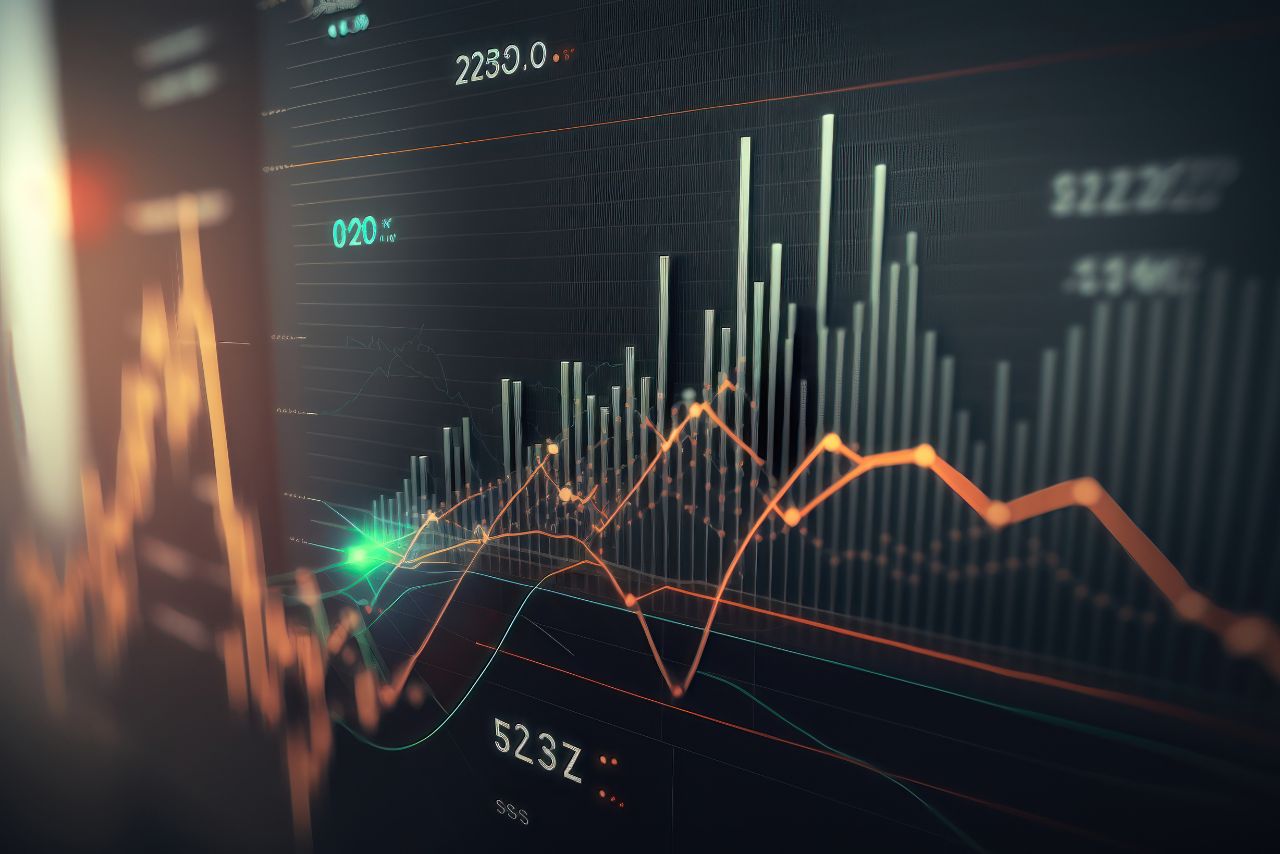
How Geopolitics Impacts Commodities Trading Worldwide
Markets don’t exist in a vacuum. Every headline about conflict, diplomacy, or sanctions sends ripples through financial systems and nowhere is that more evident than in commodities trading. In fact, the link between geopolitics and commodity markets is so strong, some traders say understanding international affairs is just as important as reading charts.
Where politics meets pricing
When countries clash, commodities often take center stage. Energy is a prime example. A single disruption in oil exports due to war or sanctions can cause prices to soar across the globe. We’ve seen this repeatedly with major producers, tensions in the Middle East or Eastern Europe can quickly lead to spikes that affect fuel costs everywhere.
In these moments, commodities trading becomes a reflection of global uncertainty. The markets move not just on supply and demand, but on headlines and diplomatic developments. Traders who can interpret these signals quickly often gain an edge.
Agricultural commodities and export politics
Food security is a deeply political issue, especially during times of scarcity. Countries may impose export bans to protect domestic supply, or leverage key agricultural commodities in trade negotiations. This can lead to dramatic shifts in pricing, availability, and trader behavior.
Wheat, soybeans, and rice are often caught in the crossfire. These are not just food staples, they are tools in geopolitical strategy. As such, commodities trading in agriculture requires more than a look at weather forecasts. It requires attention to government policy and international agreements.
Strategic stockpiling and resource nationalism
Nations increasingly understand the power of commodities as strategic assets. In response, some are moving toward resource nationalism, restricting the export of critical minerals or tightening regulations around foreign ownership. This creates supply constraints that can lead to sudden price hikes.
These changes aren’t subtle. When a top copper producer changes its export laws, the entire metals market takes notice. For traders, these events highlight the importance of staying informed beyond just market charts. Knowing which countries control which resources can be the key to anticipating movements in commodities trading.
Currency movements driven by political events

Currency volatility often follows geopolitical shifts. When a nation imposes sanctions or faces internal unrest, its currency may weaken. This has a direct impact on commodities priced in that currency, affecting everything from trade volume to demand forecasts.
The interconnection between currency strength and commodity prices means that commodities trading often requires a cross-market view. Traders must keep an eye on not just the assets themselves, but the economic environments in which those assets are traded.
A world in motion keeps markets moving
Geopolitical events are unpredictable, but they are also unavoidable. The more interconnected the world becomes, the more influence politics has on pricing, availability, and volatility in the commodities space. Ignoring these forces means missing critical signals.
In today’s trading landscape, understanding diplomacy, conflict, and policy shifts isn’t optional but it’s essential. The influence of geopolitics on commodities trading is only growing stronger, and those who stay informed are better positioned to navigate the storm.


